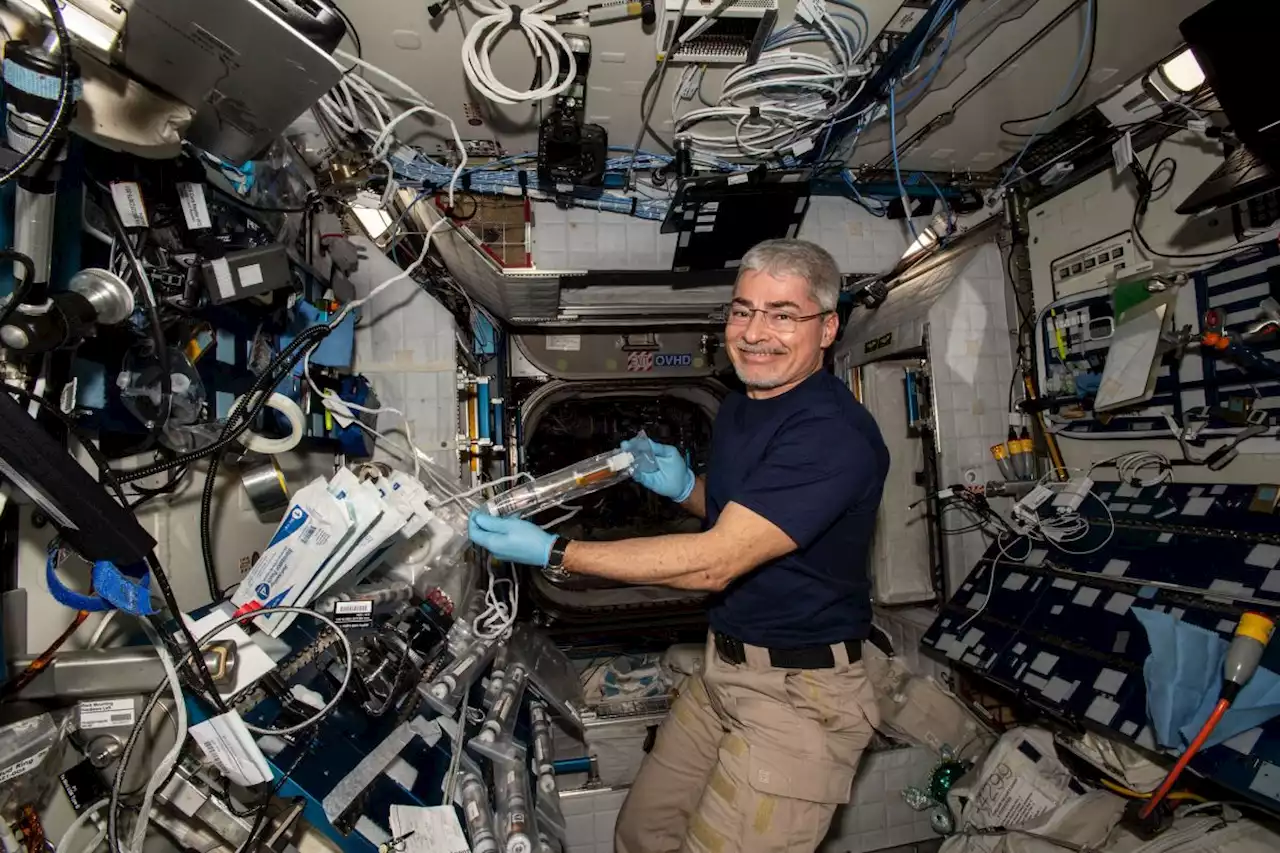Mammals first increased their body size immediately after the dinosaur extinction, but their brains only started to get bigger about 10 million years later, according to new research.
“Honestly, I wasn’t expecting that at all,” says co-author Ornella Bertrand, a paleoneurologist at the University of Edinburgh. “I was like, ‘OK, something is wrong. … Why is your brain so small?’”
Herculano-Houzel disagrees. She says it’s not necessarily competition that triggered bigger brains in mammals, but just a good combination of plenty of food and no predatory dinos. Brains are incredibly expensive in terms of energy, she notes, so once some mammals got bigger, they could eat more and would have more energy to make larger brains. If competition alone triggered the brain increase, she says, smaller mammals would have disappeared. “But they never go away.
The 3D endocasts were detailed enough that Brusatte’s team could use subtle changes in the shape of the skulls to measure sensory regions of the animals’ brains, such as the neocortex and the olfactory bulbs and track how their size changed throughout time as the overall brain grew larger in the Eocene age.
Argentina Últimas Noticias, Argentina Titulares
Similar News:También puedes leer noticias similares a ésta que hemos recopilado de otras fuentes de noticias.
 Giant LAX terminal makeover gets an early-phase take-offCity, Delta and LAWA officials christened an early part of a giant re-imagining of the airport’s terminals, as the Olympic Games loom in the distance.
Giant LAX terminal makeover gets an early-phase take-offCity, Delta and LAWA officials christened an early part of a giant re-imagining of the airport’s terminals, as the Olympic Games loom in the distance.
Leer más »
 Record-breaking NASA astronaut, 2 cosmonauts returning to Earth early Wednesday: Watch liveMark Vande Hei has been in space continuously for nearly a full year.
Record-breaking NASA astronaut, 2 cosmonauts returning to Earth early Wednesday: Watch liveMark Vande Hei has been in space continuously for nearly a full year.
Leer más »
 First Alert Weather Day Tonight Into Early Wednesday MorningWe are watching the elevated fire threat that continues today west of the I-35 Corridor. We will also have strong-severe storms moving quickly from west to east starting around 10pm Tuesday and continuing through daybreak Wednesday.
First Alert Weather Day Tonight Into Early Wednesday MorningWe are watching the elevated fire threat that continues today west of the I-35 Corridor. We will also have strong-severe storms moving quickly from west to east starting around 10pm Tuesday and continuing through daybreak Wednesday.
Leer más »
 Early Puberty Cases Among Girls Surged During PandemicEarly puberty is uncommon, affecting about one in every 5,000 to 10,000 children, with cases about 10 times higher in girls than boys. But since the pandemic started, doctors and parents around the world have noted a substantial surge in early puberty.
Early Puberty Cases Among Girls Surged During PandemicEarly puberty is uncommon, affecting about one in every 5,000 to 10,000 children, with cases about 10 times higher in girls than boys. But since the pandemic started, doctors and parents around the world have noted a substantial surge in early puberty.
Leer más »
 The Farthest Star Sheds New Light on the Early UniverseA cosmic fluke helped Hubble spy Earendel, a giant star at the edge of the known universe that could tell us more about what happened after the Big Bang.
The Farthest Star Sheds New Light on the Early UniverseA cosmic fluke helped Hubble spy Earendel, a giant star at the edge of the known universe that could tell us more about what happened after the Big Bang.
Leer más »
